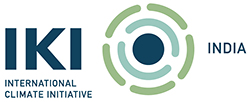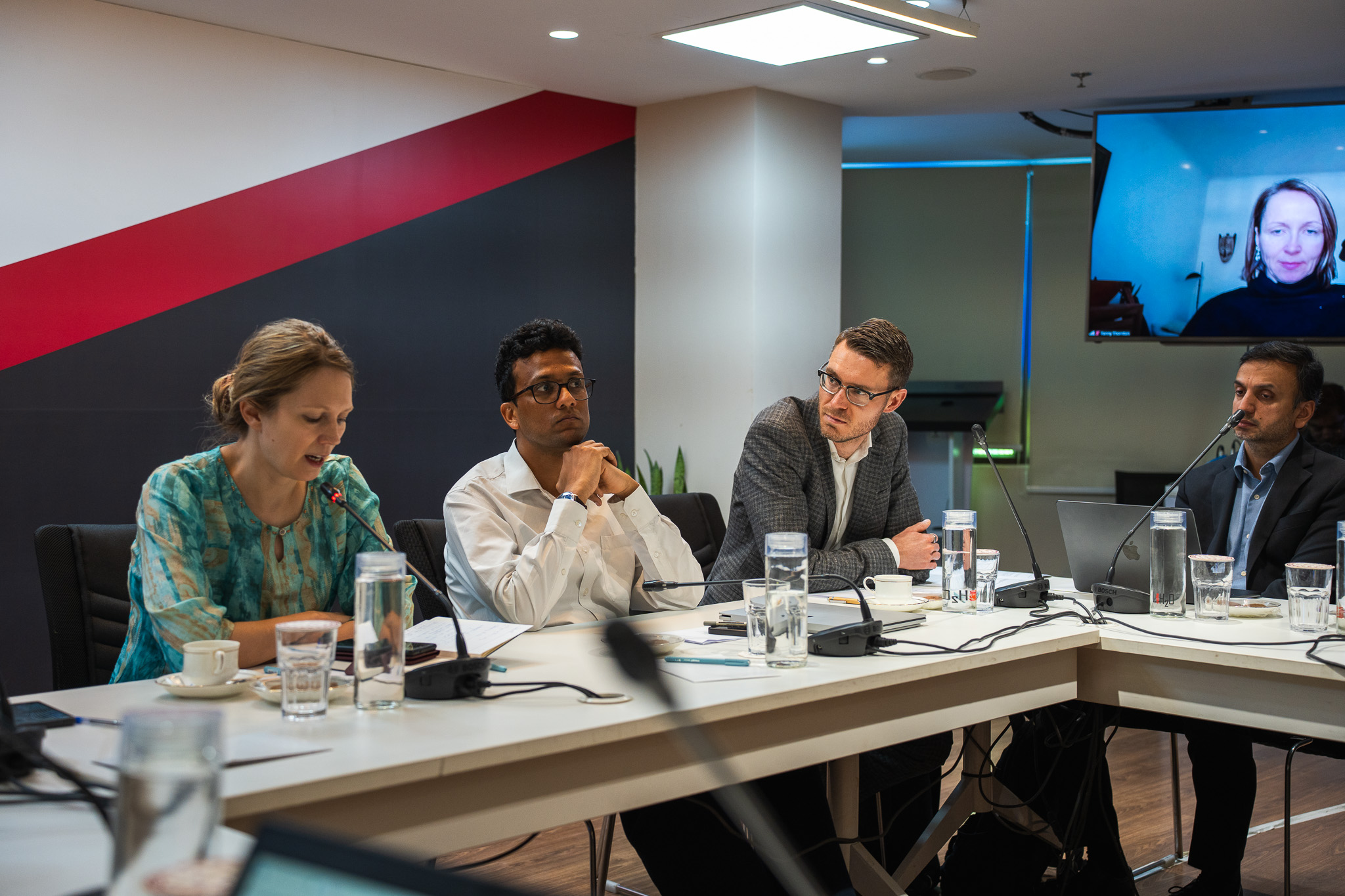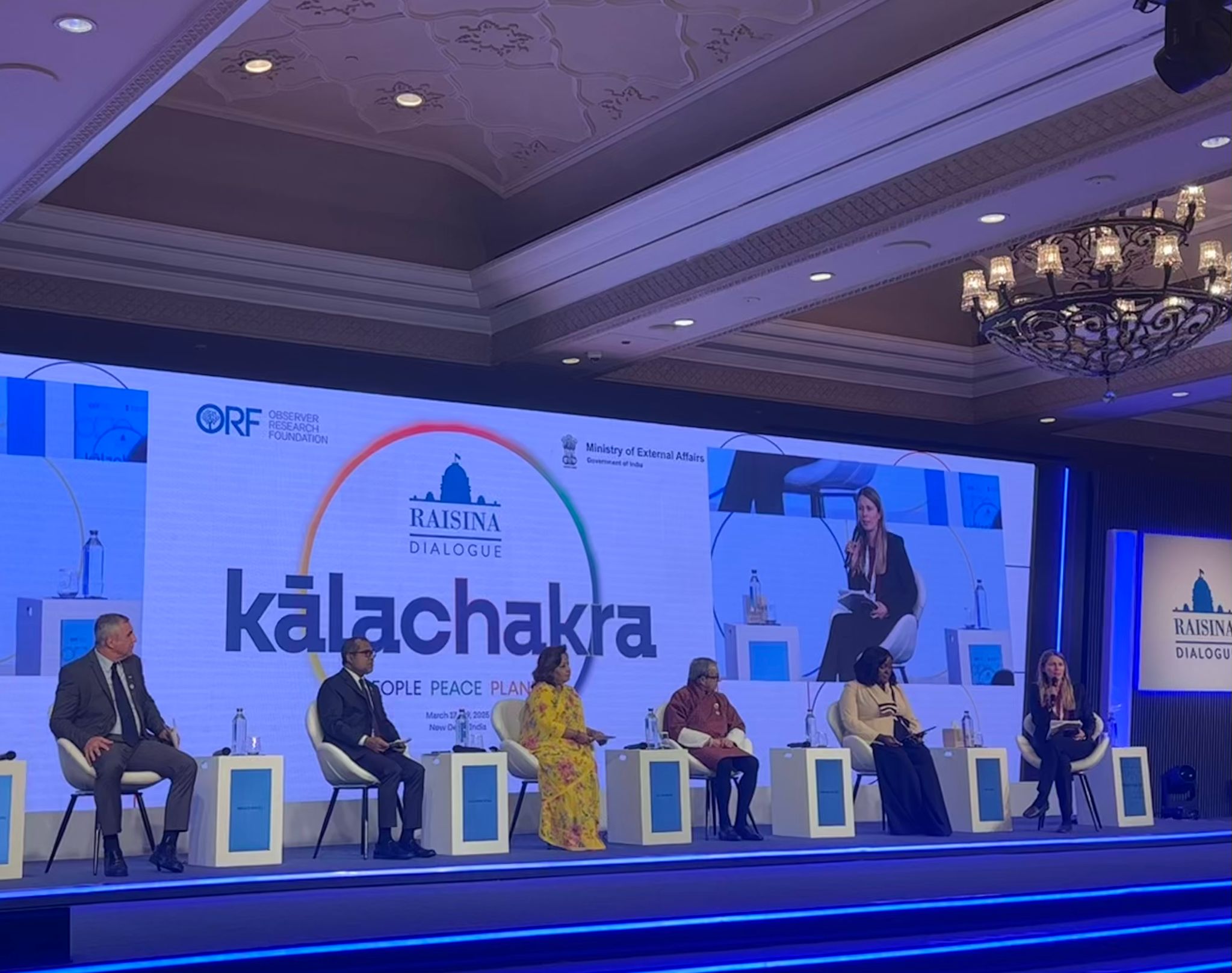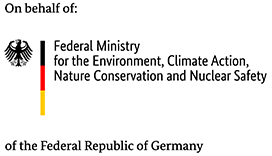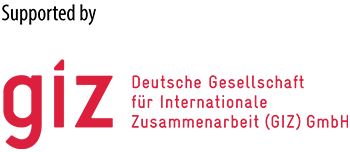Climate Diplomacy Action Programme
January-March | 2025Link To Project: Click Here
In March, DGAP’s GeoClimRisk project delegation participated in the 10th Raisina Dialogue in New Delhi. Dr. Kira Vinke moderated a panel on climate adaptation, focusing on finance for vulnerable countries and innovative instruments like debt-for-nature swaps. DGAP also engaged with stakeholders to explore Indo-German climate policy collaboration opportunities.
Project Updates
GeoClimRisk project members from DGAP at Raisina Dialogue in New Delhi
In March, a delegation from the Berlin-based German Council on Foreign Relations (DGAP) participated in the 10th edition of the Raisina Dialogue in New Delhi. The delegation included project staff from the IKI project “GeoClimRisk – The Geopolitics of Climate Risks”, in which DGAP is a partner institution.
The Raisina Dialogue is India’s premier conference on geopolitics and geoeconomics. Hosted by the Observer Research Foundation (ORF) and the Ministry of External Affairs of India, it brings together international stakeholders from politics, civil society, the media and business sector. Among the various foreign policy issues addressed, several sessions specifically focused on risks and opportunities related to energy transition and climate change, with climate finance as a particular focus area. Dr. Kira Vinke, head of DGAP’s Center for Climate and Foreign Policy, moderated a main stage panel, which convened foreign ministers and high-level experts under the topic “Climate Cataclysm: The Adaptation Agenda is Gasping”. The session discussed growing finance needs for the most vulnerable countries, and the potential of innovative finance instruments, such as debt-for-nature swaps.
Beyond the conference, DGAP staff also held meetings with research institutions and policy stakeholders in New Delhi. A roundtable conversation hosted by the Center for Social and Economic Progress (CSEP) - another partner institution in the GeoClimRisk project - convened experts from Indian and German organizations to discuss strategic overlap and collaboration opportunities in Indo-German energy and climate policy. The conversation highlighted that given geopolitical developments and remaining ambition gaps in international climate action, partnership approaches are becoming even more relevant. For India and Germany, targeted cooperation along green value chains, for instance, could deliver co-benefits for economic prosperity, supply chain security, and emissions mitigation.
Copyright © 2026 All rights reserved
